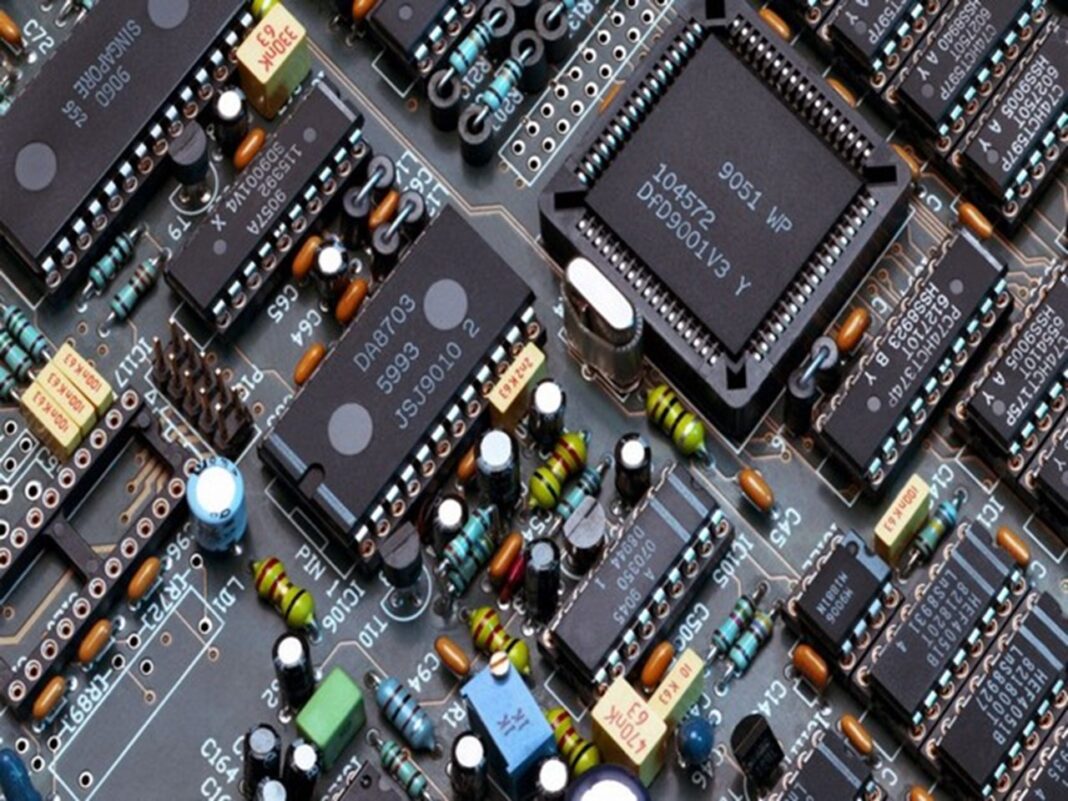Chinese Internet of Things (IoT) modules in critical national infrastructure and key industries could enable espionage, allowing “detailed surveillance in smart cities”and bad actors to sabotage the systems thus making it a major threat to the world, according to Portal Plus. The Internet of Things (IoT) describes the network of physical objects, “things”, that are embedded with software, sensors, and other technologies for the purpose of connecting and exchanging data with other devices and systems over the internet.
According to Portal Plus, to find out about weapons manufactured in the United States, the Chinese intelligence services may be able to “build up a worryingly accurate picture of how many spare parts or weapons systems have been transported, and to where”, by using data harvested by IoT modules embedded in the supply chains and logistics system. China could collect data harvested from a wide range of sources, including government systems and individuals’ interactions with IoT devices, such as car computers, domestic appliances, or wearable devices, and use artificial intelligence to find out their identities, habits, contacts, and finances, making it easier to target key government workers or dissidents.
British diplomat Charles Patron said countries should take steps to ban Chinese IoT modules from their supply chains as soon as possible and there should be a thorough audit of where these modules are embedded in government properties and services and critical national infrastructure. He said there should be a ban on buying new Chinese IoT modules by the end of this year, and a deadline should be issued to replace existing products by the end of 2025, Portal Plus reported. Asian Lite International recently reported that China is watching you via smart bulbs, fridges, cars, and credit cards by “weaponizing” microchips embedded in them. More specifically the threat revolves around four areas: national security, economic prosperity, privacy, and values and human rights.
Three Chinese companies – Quectel, Fibocom and China Mobile – already have 54 percent of the global market in devices and 75 percent by connectivity. Customers of the three Chinese firms include computing firms Dell, Lenovo, HP and Intel, carmaker Tesla and card payments firm Sumup. Like all Chinese firms, they must hand over data to the Chinese government if ordered to, which means the Chinese Communist Party can get access to as many devices as they want, reported Asian Lite International.
Devices with modules include: laptop computer; voice-controlled smart speaker; smart watches; smart energy meter; fridges, light bulbs, and other appliances that can be controlled via the app; body-worn police cameras; doorbell cameras and security cameras; Bank card payment machines, cars, and even hot tubs, reported Asian Lite International. The modules collect data and then transmit it via 5G networks, giving China the opportunity to monitor the movements of intelligence targets including people, weapons, and supplies, and to use the devices for industrial espionage. Millions of them are already in use in the UK.

